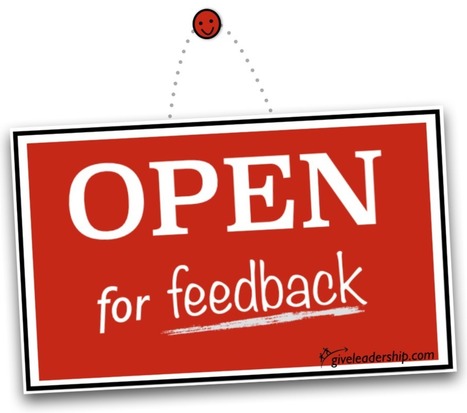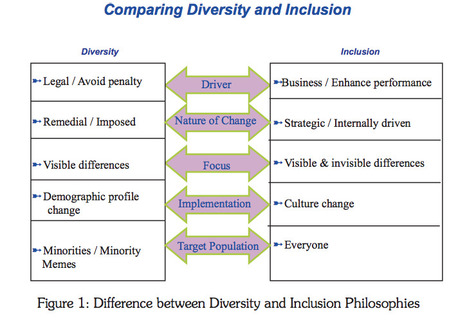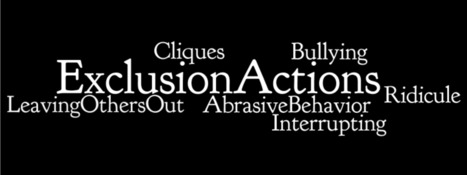Is Indirect Feedback used in your organization?
Do you prefer this model when dealing with sensitive issues?
The model of indirect feedback is one of the feedback models that I have been asked to use throughout my career. Some executives actually prefer...
Research and publish the best content.
Get Started for FREE
Sign up with Facebook Sign up with X
I don't have a Facebook or a X account
Already have an account: Login
Tools and resources to improve the quality of our leadership
Curated by
AlGonzalezinfo
 Your new post is loading... Your new post is loading...
 Your new post is loading... Your new post is loading...

Andy Brough's comment,
July 15, 2013 4:24 AM
Leaders will need to work hard to create a deeper sense of engagement, trust and empowerment
|
|















Leadership and branding expert, Lisa Manyoky joined me on #HealthyLeadership to explore the Tyranny of Indirect Feedback and how to make the GIANT LEAP from diversity to inclusion by minimizing the use of this exclusionary model.
Of course, leadership starts with us, so we also talked about how we can all be open to feedback in order to welcome others to talk to us directly.
Check it out at: #HealthyLeadership